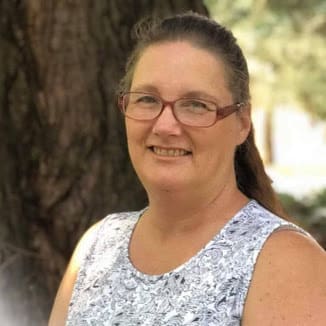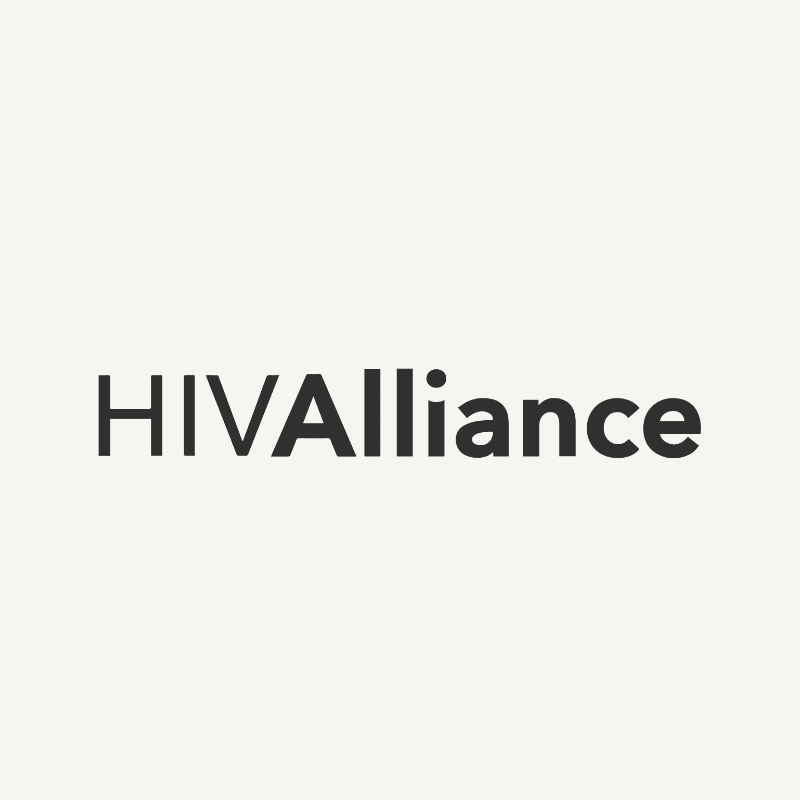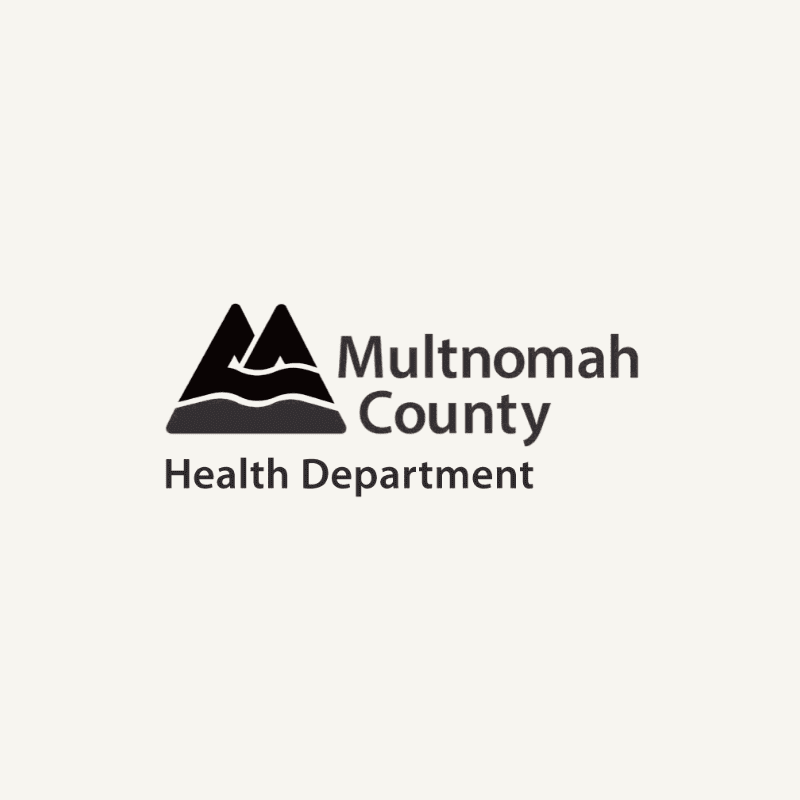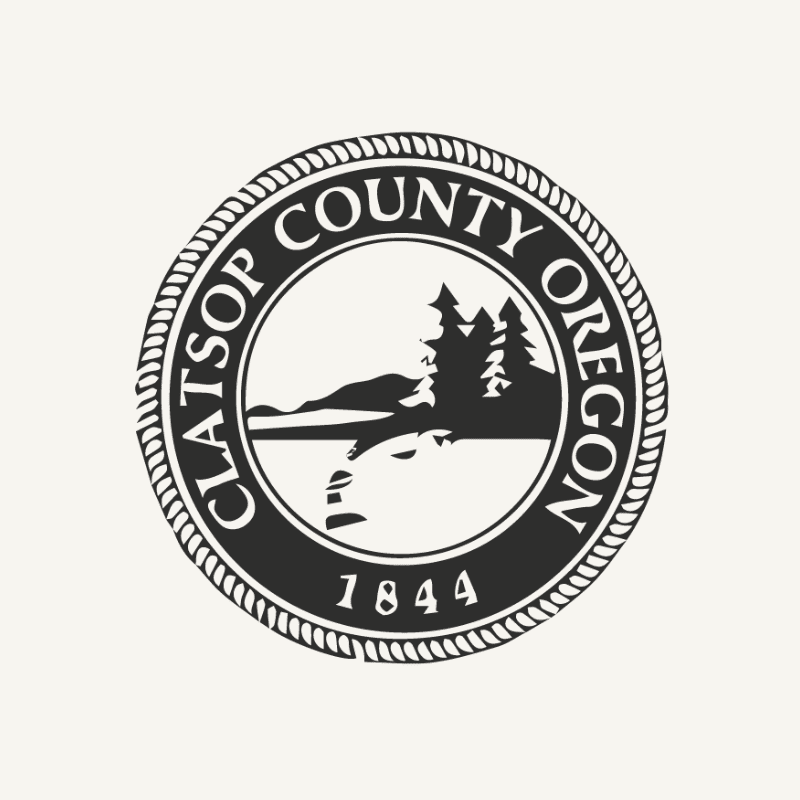In rural Benton County, overdose deaths hit the community particularly close to heart. Each death is a neighbor, a friend or the friendly worker at the local pizza joint. Janeece Cook, executive director of South Benton Food Pantry, decided to do something about it.
South Benton Food pantry is in a food desert. The nearest grocery store is 9 miles away. It’s also a desert of other essential services, including health care. As the community came together, reeling after a series of overdose deaths, people realized that the food pantry was a safe place to access harm reduction supplies.
Ever since the peak of the COVID-19 pandemic, Cook has kept naloxone, fentanyl test strips and condoms on the pantry shelves, next to soap and laundry detergent. Because the pantry is in the style of a store, Cook said, it didn’t feel out of place. Hunger and addiction, Cook said, are often related.
“If you don’t have the money to go to the clinic 18 miles away to get help, you don’t have money to get groceries,” Cook said. “It made perfect sense to make that available.”
Cook said some people were surprised by seeing harm reduction supplies in the food pantry. However, the pushback is commonly confronted with the realities of the local overdose crisis, and people quickly buy in.
“The community was hit hard by fentanyl overdose last year,” Cook said. “We lost three people around the same time and people started to pay attention.”
Cook said she is in recovery from substance use disorder and has been abstinent since 2004. At the time, she didn’t have another choice.
“At first, before I understood harm reduction, I guess I did believe that people should just be able to abstain,” Cook said. “But I also recalled it took me a few times before I was able to abstain. I’m grateful that I’m able to provide different choices now.
“I realize not everybody is ready for recovery or abstinence. It’s nice to be able to meet them where they’re at.”
Remembering her personal experience, and the loved ones she has lost to overdose, now informs her work.
“I feel strongly that if we’re going to help people, we have to meet them where they’re at – not force them in a box that doesn’t fit them right now.”
Cook continues to build on her impact, helping not only to prevent overdose but also those who are grieving.
“Some other food pantries have gotten the gumption to do what I do,” she says, noting food pantries in Philomath and Corvallis have begun offering harm reduction supplies with her encouragement.
In partnership with Blue Valentine and Benton County Harm Reduction, the food pantry now offers a grief support group for people who have loved ones to overdose.














